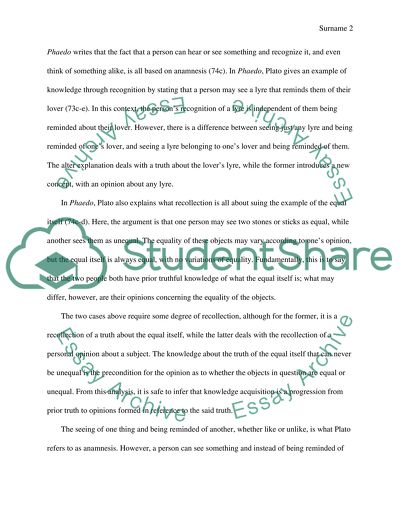Assessment of Plato's two arguments about knowledge in the Meno and Term Paper. Retrieved from https://studentshare.org/philosophy/1477002-assessment-of-plato-s-two-arguments-about
Assessment of Plato'S Two Arguments about Knowledge in the Meno and Term Paper. https://studentshare.org/philosophy/1477002-assessment-of-plato-s-two-arguments-about.


